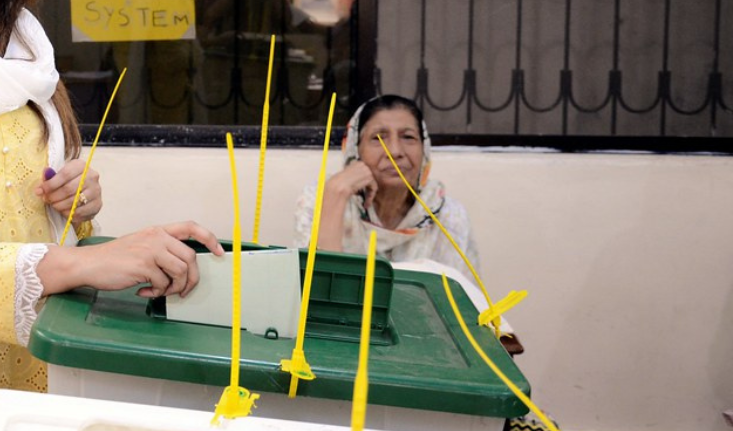We live in uncertain times, with threats to progress on women’s rights and gender equality.
To counter this, two collaborative research strands this year aimed to bring progressive change for women by highlighting the barriers that prevent them from realising their rights – and yielded widely noted research in the process.

Empowering young women by increasing their security at work
An IDS-led partnership with universities in Uganda and Bangladesh has produced findings on workplace sexual harassment of young women that are being used to raise awareness with communities, authorities and decision makers.
Entitled ‘The Gendered Price of Precarity’, the research project spoke with more than 100 female food production and domestic workers in both countries. The findings revealed how women’s empowerment is jeopardised by widespread sexual harassment in the workplace and for domestic workers in their place of employment. Partners on the project were the BRAC Institute of Governance and Development in Bangladesh and the Makerere University in Uganda.
Working together to address workplace sexual harassment
The project then took the findings further to conduct extensive campaigning through national-level dissemination events and media campaigns – with notable impacts. The events have prompted open discussions among multiple audiences. Local government representatives, for example, recognised that workplace sexual harassment is a widespread problem that needs to be addressed, not only by employers but by all stakeholders acting together.
Remarkable changes in attitudes and actions were seen following a workshop with Ugandan police officers. Some explained that the workshop made them realise how severely sexual harassment can affect the victims and their families. Other officers described improved ways of assisting women and girls when they are reporting harassment. ‘If girls find it hard to say a particular word, I say it for them and ask if that’s what they meant,’ one officer explained.
In both Uganda and Bangladesh, the project involved youth researchers from civil society organisations who delivered a range of activities: presentations at international conferences, community workshops, radio interviews and TV talk shows, YouTube videos and newspaper articles, distributing stickers and using local influencers to re-tweet news stories.
Wide interest in research on boosting female voter turnout
Joint research on women voters in Pakistan has shown how engaging men could increase female political participation.
The IDS-led Action for Empowerment and Accountability (A4EA) programme with the Institute of Development and Economic Alternatives (IDEAS) in Pakistan investigated ways to tackle the country’s gender gap in voting.
A team from IDS, Lahore University of Management Sciences and Yale University led a field experiment in Lahore to try to boost the turnout of women voters for the 2018 election.
When they targeted only women with a non-partisan campaign, no effect was seen. But when they canvassed men to support the women in their household to go and vote, turnout changed substantially.
The findings have been widely cited and shared among academics and international donors:
- American Political Science Review: Published in May 2022, most-read article in June, lead and cover article of the print version in February 2023
- 11 Citations within the first year by scholars from Princeton, Harvard, University of Oxford, Abdul Latif Jameel Poverty Action Lab (J-PAL), (JPAL), Consultative Group for International Agricultural Research (CGIAR)
- International Growth Centre Shared 192 times among academics from Lahore School of Economics, University of California, Oxford Saïd Business School, UK Foreign, Commonwealth and Development Office (FCDO) Pakistan
- Coverage in Yale News, American Political Science Association, EGAP (Evidence in Governance & Politics).
- To reach their findings, the team targeted only women in some places, only men in other places, and both men and women in other areas before the 2018 election.
The team was also asked to present to the Central Elections Commission in Palestine, which is working on democratisation and ways to reduce gaps in women’s registration and turnout.